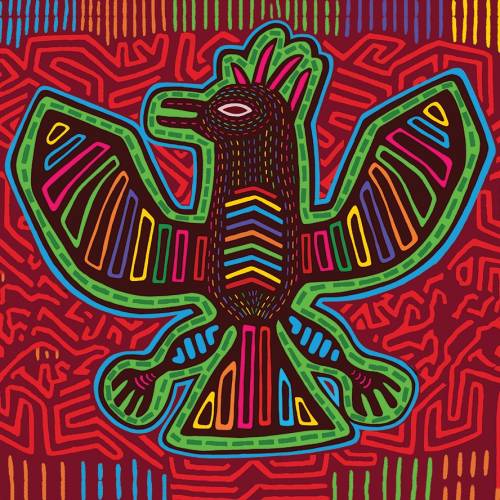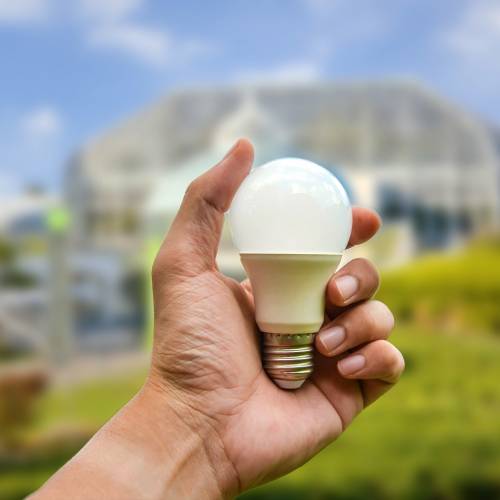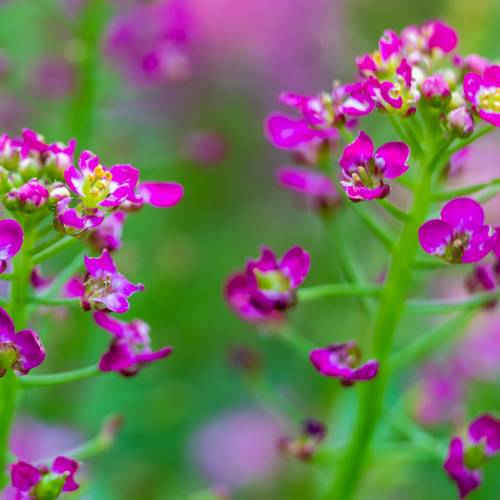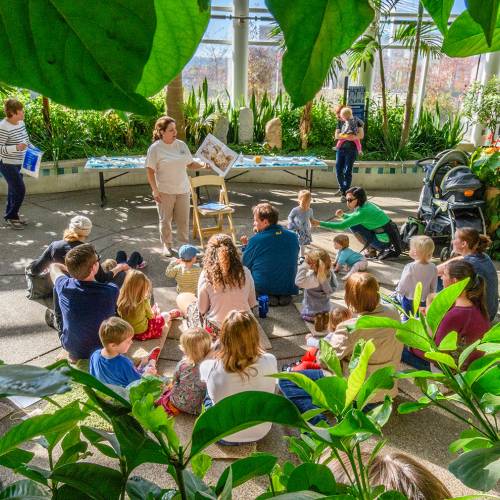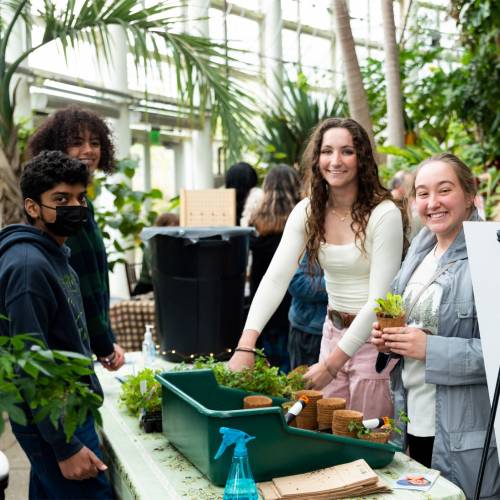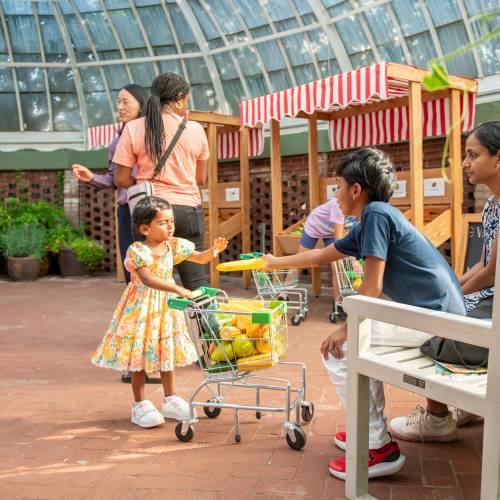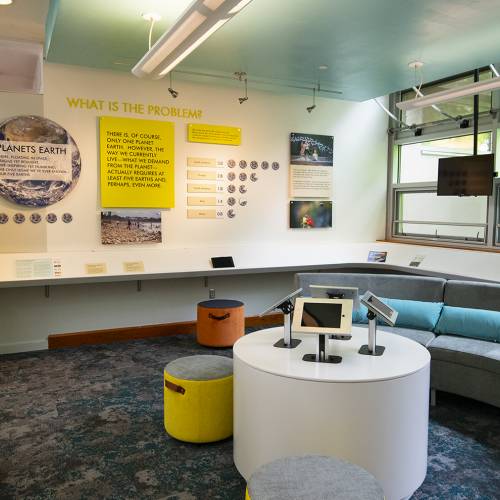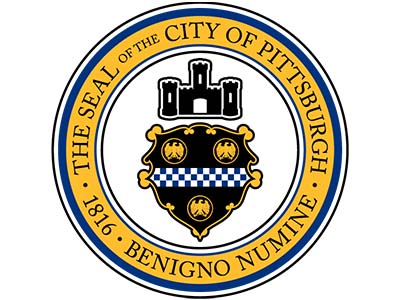Calendar
April 2025
-
Spring Flower Show: A Bloom for Every Room
March 22 – April 20
Soak up vivid colors and delightful fragrance! Each room is dedicated to a different signature spring bloom in this year's edition of Phipps' Spring Flower Show. -
Tropical Forest Panama
NOW OPEN
Embark on a spectacular journey through the lush vegetation and vibrant culture of Panama, the incredibly biodiverse land bridge connecting North and South America, in our immersive new Tropical Forest Conservatory exhibit. -
Make the Switch at Phipps! Green Power Drive
Daily, noon – 5 p.m. with occasional evening hours
Switch your home electricity to 100% green power while visiting our Tropical Forest Conservatory and you can receive a free Phipps membership! -
Adult Education at Phipps
See description for dates and times
Peruse our offerings for an exciting variety of fun and enriching programs on gardening, culinary arts and more to let your inspiration grow this season. -
Story Time
WEDNESDAYS; 10:30 A.M. AND 1 P.M.
Kids will love visiting Phipps to listen to our storyteller weave tales about gardens, animals and other fun topics. Open to the first 40 ticketed participants (whether children or guardians) and must be booked in advance using our online ticketing system.
REGISTRATION REQUIRED -
Phipps Youth Climate Advocacy Committee Presents Youth Eco-Action Showcase
Wed., April 16 | 6 - 8 p.m.
Phipps' Youth Climate Advocacy Committee presents annual Youth Eco-Action Showcase! -
Used Bulb Sale
Thurs., April 17, 3 – 6 p.m.; Sat., May 3, 9:30 – 11 a.m.
Take a piece of Spring Flower Show home with you by participating in one of our annual sales. Come early for the best selection! -
#bioPGH: Science Table Talks: Making Earth Day Every Day!
Sat., April 19: 11 a.m. – 2 p.m. | Tropical Forest
Join Dr. Maria Wheeler-Dubas to explore some easy ways to make a big impact on the planet! -
Virtual Members-Only Education Class: Introduction to Botanical Art and Illustration
Wed., April 30; 6 – 7 p.m.
Join us for our members-only education program where you will learn all about botanical art and illustration! -
Play Farmers’ Market
Now Open
Come to Phipps' Play Farmers' Market where children can interact with toy food, shopping carts and cash registers! -
Ikebana International Exhibit
Now Open
In this recurring exhibit in our Welcome Center Gallery, view gorgeous floral displays courtesy of the Ikebana International Pittsburgh Chapter. -
Planets Earth
Now Open
A dynamic exhibit at the Center for Sustainable Landscapes addresses the pressing environmental issues of our time and proposes a new way of thinking about how to solve them.

